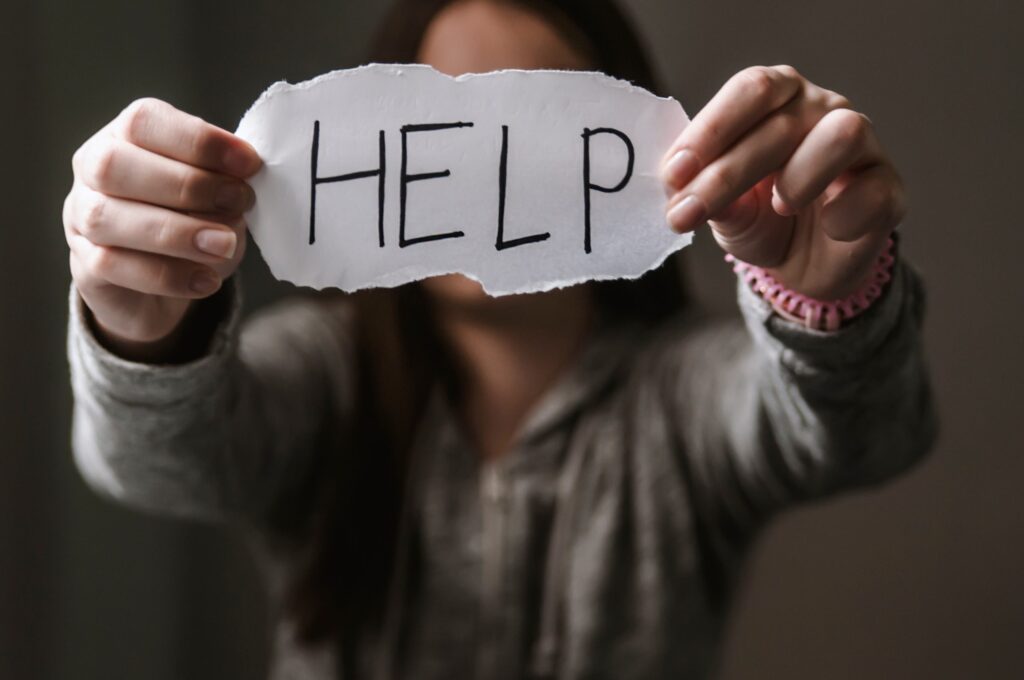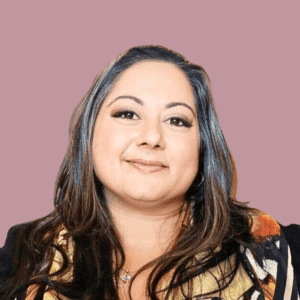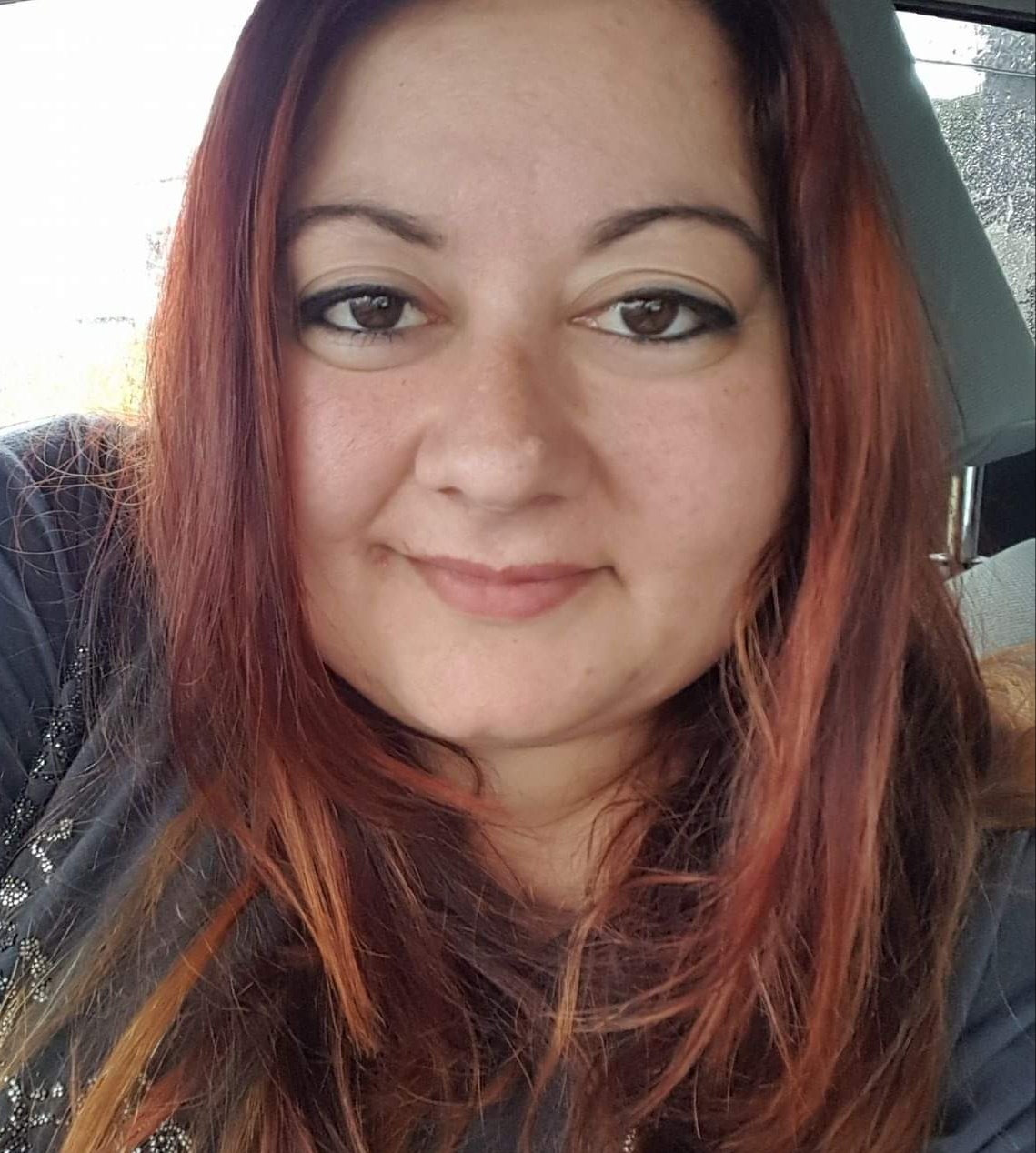
As the 25th of November is the International Day for the Elimination of Violence Against Women, WHAM spoke to the General Manager of the Women for Women Foundation, Elaine Compagno, about her work related to Domestic Violence.
Elaine Compagno is a trainer and adviser in intimate partner violence and risk. She co-founded the SOAR service within the St Jeanne Antide Foundation, an innovative service offering peer support to survivors of domestic violence. Elaine is an accredited trainer in DASH Risk Checklist Training and also designs and delivers training on Domestic Violence from survivors’ perspectives. She is a survivor of domestic violence, an activist and a feminist with a background in Youth and Community Studies and Gender and Development. In her free time, she enjoys a range of creative pursuits and spending time with her family. She is a Master’s graduate in Knowledge-Based Entrepreneurship and lectures at UOM on Social Entrepreneurship.

Let’s see what Elaine had to tell us…
- Can you provide an overview of your work in the area of domestic violence? What inspired you to pursue this line of work?
My work in this area has been mainly in the area of prevention, peer support and activism for the improvement of local policies. My own experience of controlling toxic relationships inspired me to look into the subject more closely, quickly realizing that survivors weren’t visible. They didn’t have a seat at the discussion and policy-making table, and they were more like exhibitions in a zoo, invited to conferences and by various media outlets to shock attendees, listeners, viewers or readers with their stories of horror. Survivors seemed to live in shame, and since this was a shame I blatantly refused to take on, I had decided to do something about the local absence in survivor voices. I endeavoured to make it about ‘us’ and not the singular horror story because even though we were all individuals with individual experiences, the system was failing each one of us in very similar ways. This led me to study and then co-found, build up and lead SOAR, a thriving peer-to-peer support service under the auspices of St Jeanne Antide Foundation. Through this service, I worked in the area of prevention, where I wrote and executed projects that involved school-based workshops on relationships and organised numerous initiatives to bring survivor voices to the forefront, including the provision of training and lectures on domestic violence from the perspective of a survivor. Nowadays, I still provide similar training, including training for HR teams on how to spot and support an employee going through a situation of domestic violence.
- In your experience, what are some common misconceptions or myths about domestic violence that you frequently encounter, and how do you address them?
The idea that a victim can just up and leave or that violence will magically stop once she does are both very popular myths that I have worked towards dispelling. These myths need to be addressed from two angles: from an awareness-raising angle and from a policy improvement angle. Policies tell us a lot about our social realities. The existence of a law against domestic violence signals that domestic violence exists and that it is illegal, dispelling myths around any spouse’s perceived married ‘right’ to violate the other. By having outspoken survivors at the discussion table and by consulting research, these myths are easily addressed. It is a constant exercise.
- What are the most common issues faced by women who are victims of domestic violence, and how do these issues impact their ability to seek help or escape abusive situations?
There are many issues that victims will face. Domestic violence is about control. When someone controls your life, your whole existence, there is nothing much left for you. You lose far more than economic independence, the freedom to work or study, or your say in important decisions that are
taken for yourself or the family. You lose your self-confidence, your sense of identity and your mental wellbeing. You end up isolated, and the only feed you receive is from your abuser’s ‘radio’ until you believe that they must be right; you are useless, unlovable and good for nothing. You believe that you deserve the abusive treatment or that it was your responsibility to ensure you picked a partner who would never do this to you, and so there is a huge sense of shame. And if, by some chance, your self-esteem is still intact and you resist, you will be intimidated by threats you know your abuser could make good on. - Are there specific resources or programs you often recommend to women who have survived domestic violence? How important is it for them to have a support system in place?
Yes, it is important for every woman experiencing domestic violence to have specialist support, and this support doesn’t end upon leaving the relationship. This is a time of great risk and many changes. A survivor is under massive stress to manage settling into a new life (and often young children), often without the resources she needs. This is generally money because the relationship itself may have left her penniless or, worse still, in debt. Without money, the need for legal representation, housing, and other basic needs become hard or impossible to fulfil. Add to this the isolation and shame a survivor experiences. Even worse yet, also consider the survivor (and her children) may be experiencing confused feelings, PTSD, depression and debilitating anxiety. Having a support network and the right kinds of services are crucial to a survivor at this point. For specialist support, we refer to the Domestic Violence Unit at Appogg, Victim Support Agency and Victim Support Malta. For peer-to-peer support, we refer to SOAR, St Jeanne Antide Foundation, and these services may refer clients to us at Women for Women Foundation to support with particular resources within our remit on a case-by-case basis.
- What advice would you give to someone who suspects that a friend or family member is experiencing domestic violence? How can individuals be supportive and encourage victims to seek help?
The best way to support is to be understanding and genuinely non-judgmental. Before opening that discussion with your loved one, read and inform yourself so you do not perpetrate myths or inadvertently victim-blame. Look up useful resources, websites and places she can go for support. Be prepared to feel resistance from her or even denial. Be prepared to feel disappointed that she doesn’t just go right home and back her bags.. always know your boundaries and always lead with empathy. Gently and with lots of sensitivity, let her know that it doesn’t matter what she chooses to do or if this topic is a no-go area for her, you will always be a safe and sympathetic ear for her. That she can approach you anytime if she wants to talk about anything or begins to feel unsafe – even if she never chooses to leave. If she chooses to report or leave, encourage her to seek specialist advice first so she can do so safely, and you could offer to accompany her if it is safe for you to do so, or perhaps offer to babysit if she has children. - How does Women for Women Foundation raise awareness about domestic violence, and what initiatives are in place to educate the public about recognizing and responding to signs of abuse?
Women for Women Foundation are extending their office space to include a training room which will be able to host participants who attend awareness-raising sessions on recognising and responding to abuse. These sessions will be held regularly for those interested. WFWF also uses its social media to discuss and raise awareness about not only violence against women, but also on where someone can get help. - In your experience, what are some of the most impactful success stories or positive outcomes you’ve witnessed in your work with domestic violence cases?
The stories which inspire me the most are those of women who, despite the challenges, decide to put themselves and their children first and invest in their own self-development, becoming independent and taking back control of their lives. Especially those who go on to offer their support, mentor and speak for other women who may not be in a position to do so, many of whom I am honoured to call friends and colleagues. - Given the often hidden nature of domestic violence, how can society work towards creating a more supportive environment for survivors, reducing stigma, and fostering a culture that promotes healthy relationships?
As a society, we can start by checking ourselves first. We need to ask: What are the myths we believe in? What are the stereotypes we perpetuate? Do we victim blame? What lessons and examples are we giving our children about relationships? Are we equal partners in the home? Does my husband ‘help’ me with chores like they are my sole domain, or does he do chores because it is
also his home which needs to be maintained and therefore also his responsibility? Do we have equal control over our income as a family? Am I supported to reach my best potential? Do I support my partner to do the same? Do we share child care responsibilities? Fostering a culture that
promotes good, healthy relationships starts at home. We can also ask ourselves how we would respond if a friend or neighbour is being abused. We should check ourselves if we have thought that it was none of our business. Domestic violence is harmful to society at large, and it costs the taxpayer many millions of euros in police, court, health, and social services. It ruins childhoods and costs LIVES. Domestic violence is everybody’s business.
Anyone reading this article who feels they may be in a situation of domestic violence should call APPOGG on 179 to seek support. If you feel you might be at risk or need police assistance, you can call the police on emergency number 112 or visit the Domestic Violence Unit at Police Headquarters in Floriana.





